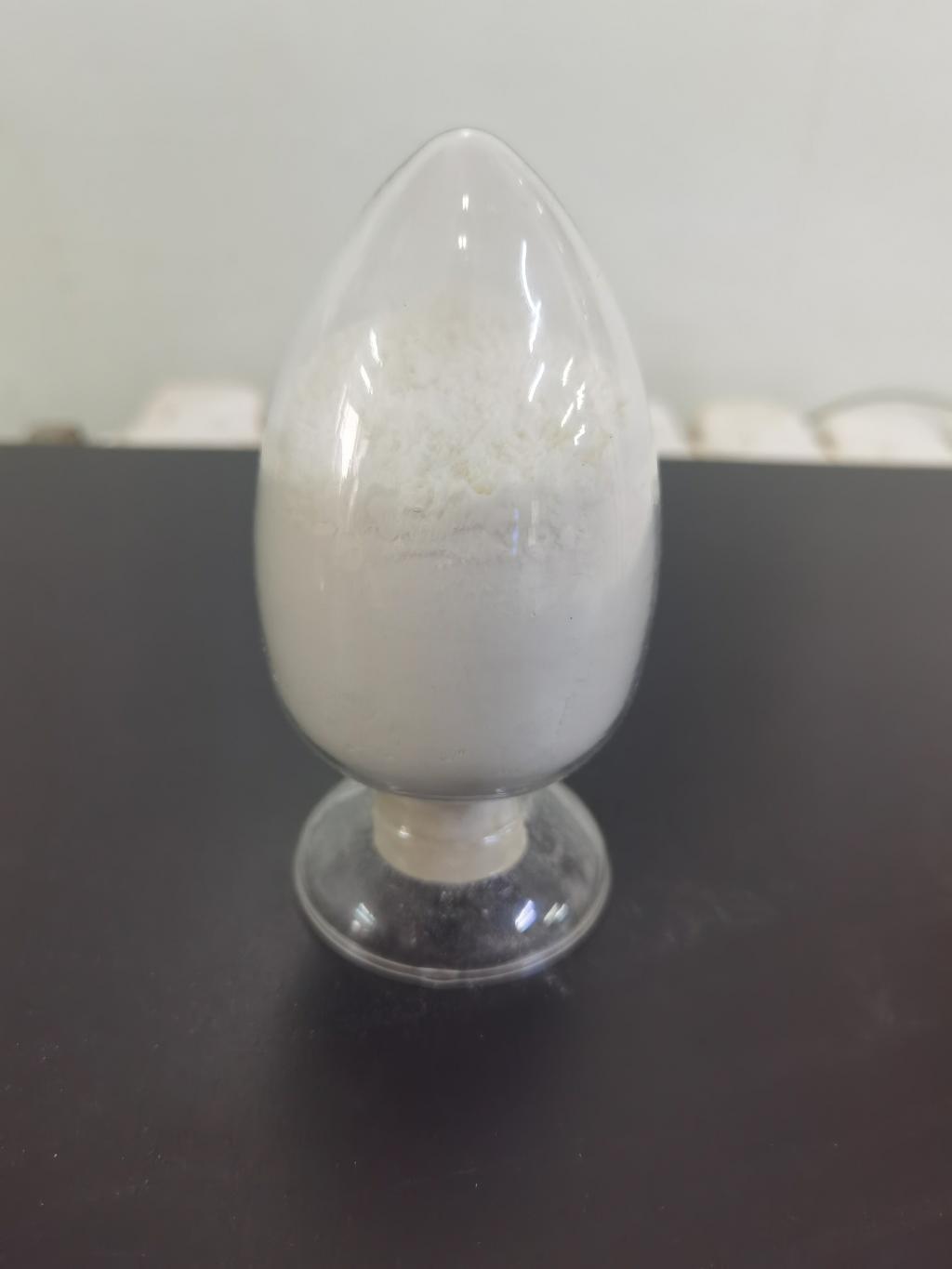Tel:+8618231198596

News
 CONTACT
CONTACT
 CONTACT
CONTACT
- Linkman:Linda Yao
- Tel: +8618231198596
- Email:linda.yao@dcpharma.cn
- Linkman:CHARLES.WANG
- Department:Overseas
- Tel: 0086 0311-85537378 0086 0311-85539701
News
Current Position:
Home >
News
>Can ε-Polylysine hydrochloride be used to inhibit the growth of foodborne viruses?
Can ε-Polylysine hydrochloride be used to inhibit the growth of foodborne viruses?
TIME:2023-06-14
Introduction:
Foodborne viruses, including norovirus, hepatitis A virus, and rotavirus, are a major cause of foodborne illnesses worldwide. Contamination of food products with these viruses can occur through various routes, leading to outbreaks and significant public health concerns. Effective control measures are essential to prevent viral contamination and protect consumer health.
Challenges in Controlling Foodborne Viruses:
Foodborne viruses are highly resistant to environmental conditions and can persist on various food surfaces, making their control challenging. Traditional methods such as heat treatment and disinfection may not be sufficient to eliminate or inactivate these viruses completely. Therefore, alternative approaches are needed to prevent viral growth and transmission in the food industry.
ε-Polylysine Hydrochloride:
ε-Polylysine hydrochloride is a natural antimicrobial peptide produced by Streptomyces albulus. While its primary antimicrobial activity is against bacteria, recent research has indicated its potential effectiveness against certain viruses. Understanding the antiviral properties and mode of action of ε-Polylysine hydrochloride is essential to explore its utility in inhibiting foodborne viruses.
Antiviral Properties of ε-Polylysine Hydrochloride:
Emerging studies have demonstrated the antiviral activity of ε-Polylysine hydrochloride against several foodborne viruses. It has shown inhibitory effects against norovirus, hepatitis A virus, rotavirus, and other enveloped and non-enveloped viruses. ε-Polylysine hydrochloride can reduce viral infectivity by interfering with viral attachment, entry, replication, and release.
Mode of Action:
The mode of action of ε-Polylysine hydrochloride against foodborne viruses involves multiple mechanisms. It can disrupt viral envelopes, resulting in the leakage of viral components and loss of infectivity. Furthermore, ε-Polylysine hydrochloride can interfere with viral replication processes, including viral RNA synthesis and protein expression, leading to the inhibition of viral growth.
Effectiveness Against Foodborne Viruses:
Studies investigating the effectiveness of ε-Polylysine hydrochloride against foodborne viruses have shown promising results. In vitro experiments have demonstrated significant reductions in viral infectivity and replication in the presence of ε-Polylysine hydrochloride. Additionally, research conducted on food samples contaminated with viruses has shown a reduction in viral titers after treatment with ε-Polylysine hydrochloride.
Practical Considerations and Application:
The practical application of ε-Polylysine hydrochloride in inhibiting foodborne viruses requires considerations such as appropriate dosage, contact time, and compatibility with different food matrices. The stability of ε-Polylysine hydrochloride under various processing and storage conditions should also be evaluated to ensure its effectiveness.
Regulatory Considerations and Consumer Safety:
Regulatory authorities play a crucial role in assessing the safety and efficacy of antimicrobial agents for use in the food industry. The approval and regulatory status of ε-Polylysine hydrochloride as an antiviral agent may vary between countries. Additionally, consumer acceptance and perception of the use of antimicrobial agents in food need to be considered.
Conclusion:
ε-Polylysine hydrochloride shows promise as an antimicrobial agent for inhibiting the growth of foodborne viruses. Its antiviral properties and mode of action make it a potential tool in preventing viral contamination in the food industry. Further research is needed to explore the effectiveness of ε-Polylysine hydrochloride against a broader range of foodborne viruses, optimize its application methods, and assess its compatibility with different food matrices. With appropriate regulatory approvals and proper implementation, ε-Polylysine hydrochloride could play a significant role in enhancing food safety and reducing the risk of foodborne viral infections.
- Tel:+8618231198596
- Whatsapp:18231198596
- Chat With Skype







